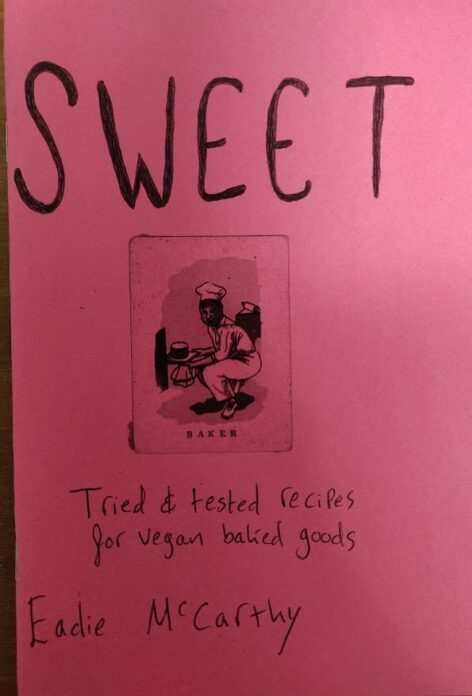Strange Victories – The anti-nuclear movement in the U.S. and Europe
£1.98
An interesting analysis of the anti-nuclear movement, it looks at its composition, lack of class analysis and the question of violence, opening a much-needed debate on struggle and organisation against the nuclear project within that of capital as a whole.
In stock
Description
1979 Midnight Notes
This pocketbook edition published in 1985 by Elephant EditionsCover illustration and design by Clifford HarperIntroduction by Alfredo M. Bonanno
CONTENTS
IntroductionStrange victoriesI – Who Is Involved in the Anti-Nuclear Movement?
II – The Ideology (Self Definition) of the Nuclear
Movement in Relation to Capitalist Planning
III – Organisation and Tactics of the
Anti-Nuclear MovementIV – Strange Victories: The Anti-Nuclear Movement and the Nuclear IndustryV – The Anti-Nuclear Movement in the CitiesINTRODUCTION
At a certain point in their development, capital and the State manage to rationalise exploitation. This is happening at the present time to a certain extent: pure repression is giving way to ‘being involved’.
These new forms of repression must be understood if we do not want to remain tied to out-of-date forms of revolutionary activity.
The new forms of involvement, though not entirely new, are now being developed in more original and highly dangerous ways.
The permissive State, although it still uses dissuasion (in the form of police and army), is tending towards dialogue, allowing a certain amount of freedom of movement and self-regulation so that everyone becomes controllable at all levels.
In this way the counter-revolutionary role of so-called dissent is fundamental to maintaining order and continuing exploitation. Both the bosses and their servants are depending more and more on these forms of recuperation in preference to pure repression by armed forces – although the latter continue to remain the ultimate element in convincing and repressing.
So the State is asking the revolutionary movement to collaborate in maintaining social peace. Comrades shouldn’t jump back in horror at such a statement. The State can ask what it wants of us. It is up to us to understand whether we are being drawn into manoeuvred consensus, or whether our dissent still has an element of rupture. The State’s projects are continually being updated. One minute they are putting up a wall of repression, the next they are softer, decodifying behaviour that was once condemned and persecuted. The State and capital have no moral code of conduct. They adapt according to the Machiavellian thesis of using the brute force of the lion one day and the cunning of the fox the next.
Today might well be the moment for the fox’s velvety paw.
One extremely useful element in the present day situation, that gives capital’s restructuring a seeming aspect of being a spontaneous process of adjustment, is the massive presence of ‘dissent’. We must say `no’. They are putting through anti-union laws, we must say no. They are putting missiles at Greenham Common, we must say no. They are building more and more prisons with special wings, we must say no..
This no must be shouted aloud, not be a simple whisper of platonic dissent. It mustn’t pass into action, but remain simply a ‘minority’ demonstration of disagreement. It is then up to the governing forces to explain the practical impossibility of such a choice, which is nevertheless based on the ‘highest moral values’. As good a way as any of making a fool of people, extinguishing their potential aggressiveness, directing this impetus of rebellion towards activities that are dissent in appearance alone, and in fact are counter-revolutionary in every aspect.





